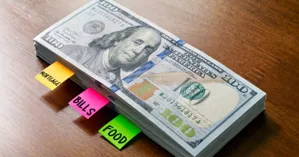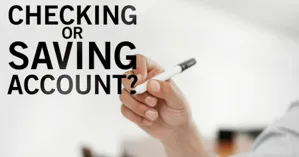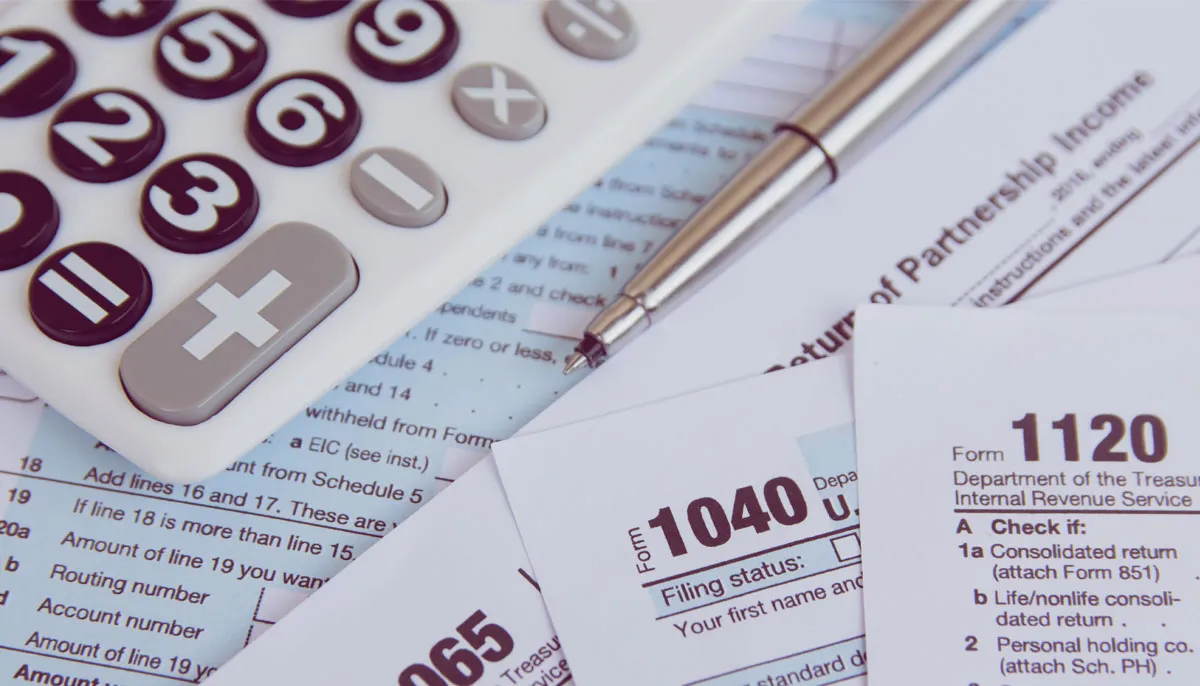
An emergency fund is tucked away for life’s unexpected problems. It should not be used for everyday expenses. Having a separate savings account specifically for emergencies can help you manage your finances better and avoid unnecessary spending. But there are some items you may think are okay to pay for with your emergency funds. Financial guru Dave Ramsey says no. Here are eight non-emergencies you should not be wasting your emergency savings on.
1. Routine Doctor Visits

There’s a difference between getting a flu shot at your yearly physical and suddenly breaking your leg. One is routine, and one is an emergency. While routine doctor visits should be budgeted for, emergency medical bills are unexpected and should be covered by your emergency fund. Routine medical bills should be paid for out of your monthly income and worked into your budget. They should not be paid out of pocket and if there's not enough money in your checking account or traditional savings account to cover these regular expenses, it's time to review your budget.
2. Holiday Shopping

Holidays come at the same time every year. Unlike holiday shopping, which you can plan for, unexpected expenses can catch you off guard and should be covered by your emergency fund. They shouldn’t be a surprise or an emergency. Make a holiday fund , you can even set up a separate account, and leave your emergency fund alone. Holidays are not emergencies.
3. Regular Monthly Expenses

Where’s your budget? All your expenses should be figured into your monthly budget and come out of your income. Regular monthly expenses should be part of your budget, whereas financial emergencies require dipping into your emergency fund. They should not come out of your emergency fund. So don’t use your emergency fund for entertainment, if you can’t afford it, don’t go. Don’t use your emergency fund for food, it should be in your budget. Other things that should be budgeted for include credit card debt payments, monthly bills, living expenses, and regular maintenance. But if you have a sudden large car repair, a car accident, necessary home improvement purchases, or unexpected job loss, that’s an emergency.
4. Vacations

Vacations are a want, not a need, and should never be counted as an emergency. Vacations should be planned and saved for separately, not with emergency money reserved for genuine financial crises. Save up for that big cruise in another account, or don’t go. Use a cheap alternative to relax, like hiking. But if there’s an out-of-town family emergency like a death or illness, that’s an emergency. If you plan your vacation far enough in advance, you can use money saved throughout several months to help fund your vacation which makes this expense less stressful on you and your bank account.
5. New Electronics

New technology entices many to buy into it. Instead of spending on new electronics, focus on building an emergency savings fund to secure your financial future. You want to beat your neighbor to the latest phone upgrade or tablet. Or you just like techy stuff and want the newest all the time. Buying the latest electronic gizmo is not an emergency. It’s a want, not a need, and should come out of your monthly budget.
6. Impulse Purchases and Unexpected Expenses

This one can sneak up on you. Impulse purchases can quickly deplete your budget, making it harder to maintain your emergency savings. It could be a small purchase like extra cookies at the grocery store or a large purchase like an expensive gadget. Ask yourself, do I need it, or do I want it? Impulse buying can blow a budget, and then you feel like you must dip into the emergency account to make up the difference; don’t do it.
7. New Car or Car Upgrades

Do you need a new car, or do you want one? Buying a new car or making upgrades should be planned for, unlike an unexpected expense that requires immediate attention. As long as it can be repaired, run a car until the wheels fall off. Don’t feel like you need that new car with the big downpayment and monthly payment. You may end up dipping into the emergency account. If you absolutely need a car, buy a used one and buy it with cash. The same goes for that new car stereo. Do you really need it? This is not an emergency; it’s a want.
8. Latest Sales

A sale doesn’t save you money if you didn’t need it in the first place. Instead of spending on sales, focus on building your emergency funds to handle real financial emergencies. It will cost you. Skip those clothes, shoes or concert tickets that are on sale and save your money. These are not emergencies; paying for them should never come from your emergency fund. If you really want those new shoes, see how they work into your budget, but don’t call it an emergency.
Conclusion
Ramsey’s non-emergencies list will force you not to dip into an emergency fund. By maintaining a dedicated savings account, you can ensure that your emergency funds are always available when you need them most. It might help you stay within budget, by only purchasing what you need, not what you want.






